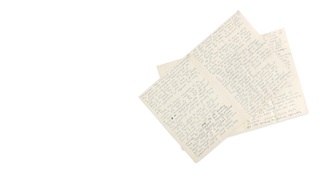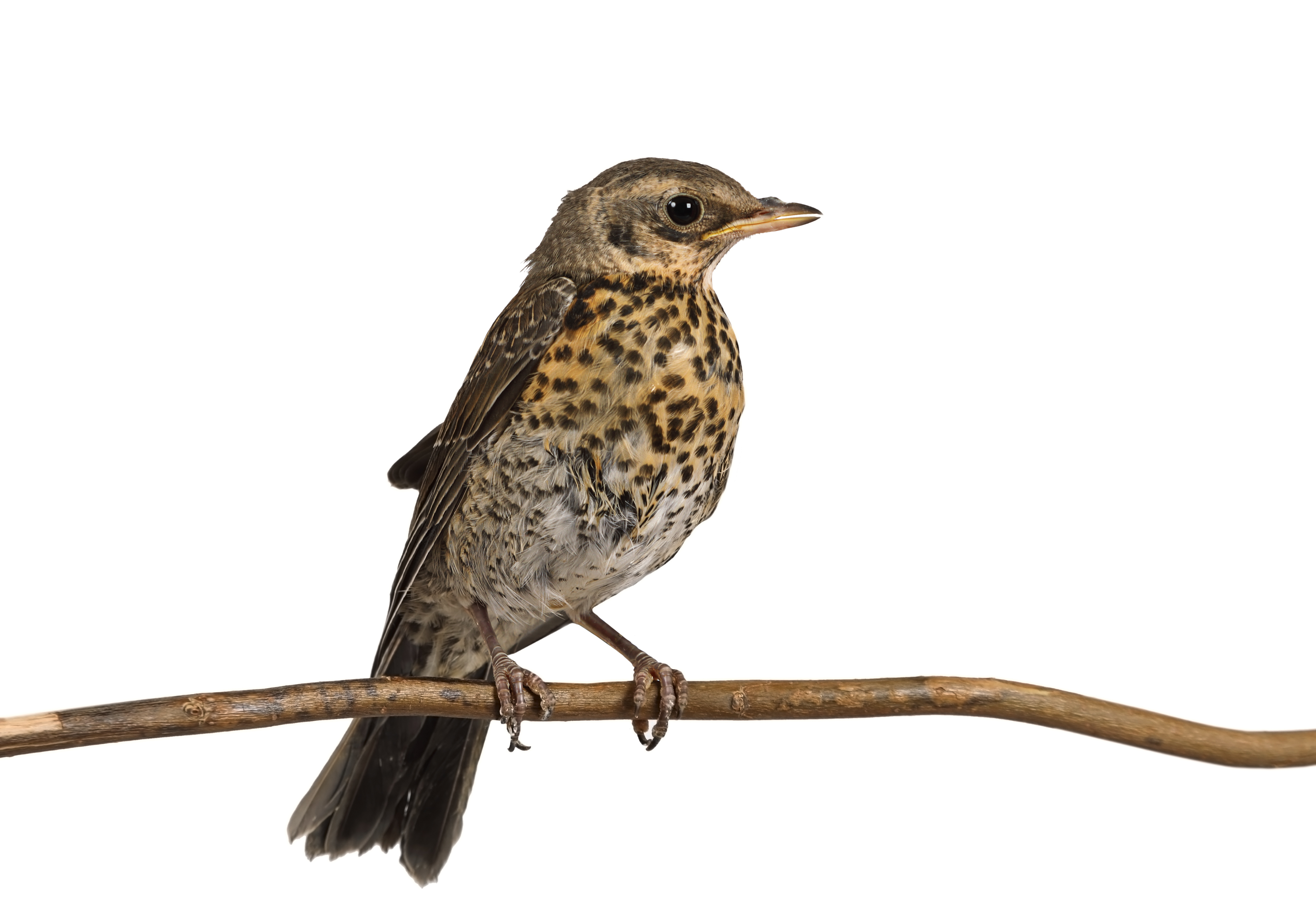
Sylvia Plath
Alexandra Howe reads 'Morning Song' by Plath | Issue 17 | 2020


I so liked Spring last year
Because you were here; –
The thrushes too –
Because it was these you so liked to hear –
I so liked you.
This year’s a different thing, –
I’ll not think of you.
But I’ll like the Spring because it is simply Spring
As the thrushes do.
I So Liked Spring
I have a slim volume of poems by Charlotte Mew, The Rambling Sailor, published in 1929, the year after her death. There is a picture of her on the frontispiece. She is slight, and birdlike, with an attenuated face like a Modigliani painting. A mannish pinstriped coat and dark cravat engulf her delicate frame. Her expression is grave, in the way that sitters often appear in early photographic portraits. She eyes the camera warily, body tensed, as though ready to flee.
Mew’s contemporary, the English novelist Thomas Hardy, described her as the 'greatest poetess' of his day. The war poet Siegfried Sassoon said that she was 'the only poet who can give me a lump in my throat'. Yet she has never been widely read. In Mew’s own lifetime, despite drawing the attention of influential admirers like Hardy, and despite living almost her entire life in the heart of Bloomsbury, London, just a few minutes’ walk from the home of Virginia Woolf and the centre of the dazzling circle of artists, intellectuals and writers that made up the Bloomsbury group, Mew occupied a precarious, liminal space in literary society. Her friend Alida Monro, the wife of her publisher, writes in the short introductory note to The Rambling Sailor: 'Charlotte Mew’s dislike of publicity was extreme and her defiant reserve, in later years, placed every obstacle in the way of those who desired to secure her friendship.'
A brief review of Mew’s biography explains, at least in part, what lay behind that reserve. She was born the eldest daughter of seven children. Three of her brothers died in childhood; two other siblings were committed to psychiatric hospitals. Fearful of passing on a familial predisposition to mental illness to their children, Mew and her remaining sister, Anne, made a pact never to marry. In 1898, their architect father died, leaving his family in dire financial straits. Mew, Anne and their mother were forced to let out parts of their house, ending up confined to the dismal basement. In 1923, through the efforts of Thomas Hardy, among others, Mew was awarded a modest government pension, but this small piece of good fortune was overshadowed by the death of her mother and shortly after, in 1926, of her beloved sister, the last member of Mew’s once-large family. No wonder that in the photograph Mew looks haunted.
The “tribulations and batterings”, as Alida Monro puts it, of Mew’s personal life, also probably explain why so much of her poetry is preoccupied with loss. It hovers behind every line in I So Liked Spring. We feel, from the first words, that something is amiss: Spring is the season which we associate with life, and growth, but there is that troubling use of the past tense in ‘liked’, and the wistful reference to ‘last year’. Then there are those devastating monosyllables in the second line, every word falling like a blow: ‘you were here’. The whole poem feels to me like a punch to the stomach. I think that is partly because the style is so unadorned; the lines are short, the rhyme scheme uncomplicated, the vocabulary plain. Nearly half the words are repeated. It is perfectly balanced, turning on a series of tensions which carry and control the emotion: I/you, last year/this year, life/loss. The tightness of that control means that the poem never gives way to despair.
There is a purity, a sincerity, which I find deeply affecting in these short lines, and which is characteristic of Mew. Almost all of us know what it is like to lose someone that we love. Not many can express it as vividly or succinctly as it is expressed here.
© Norton Rose Fulbright US LLP 2025